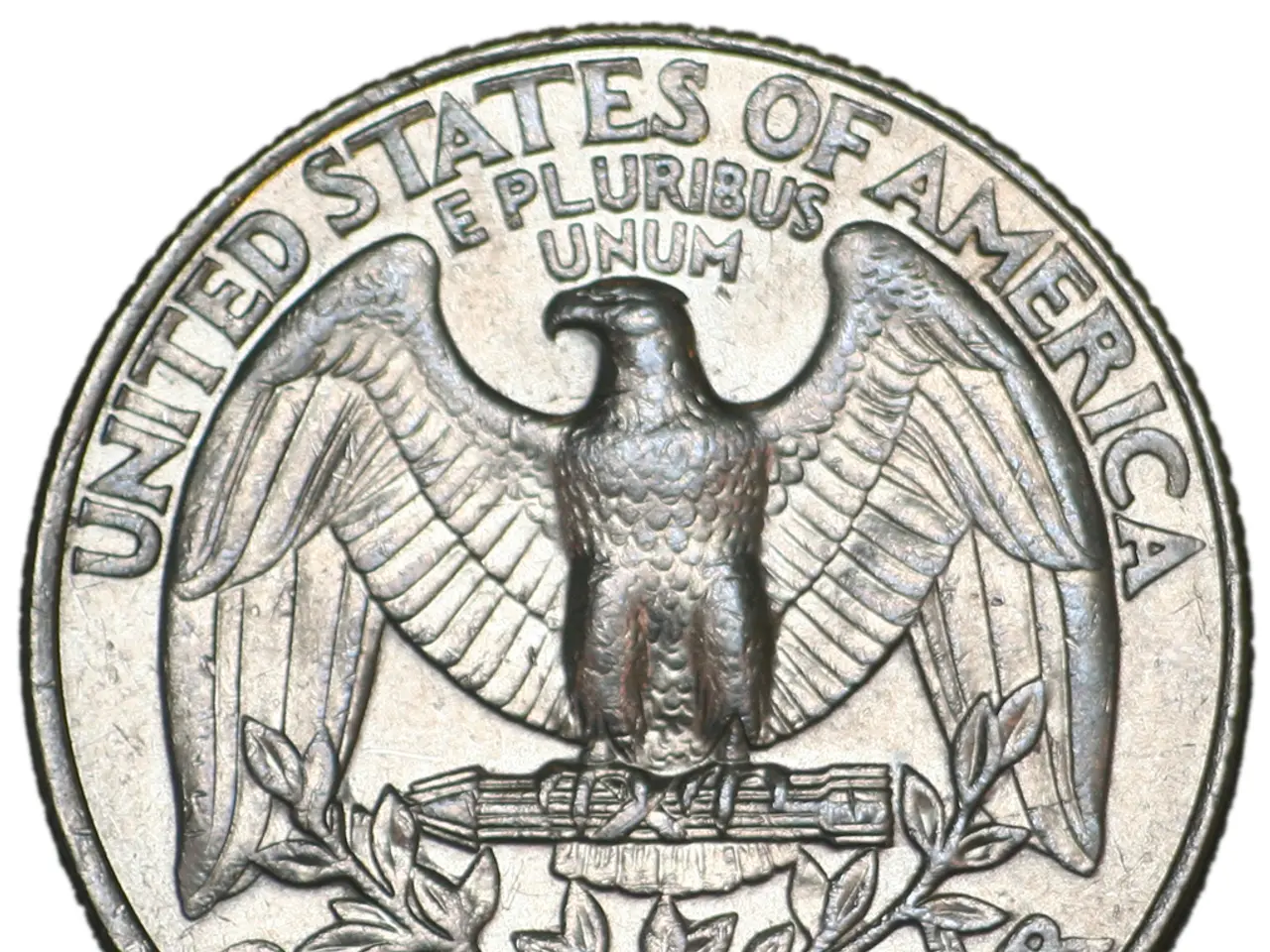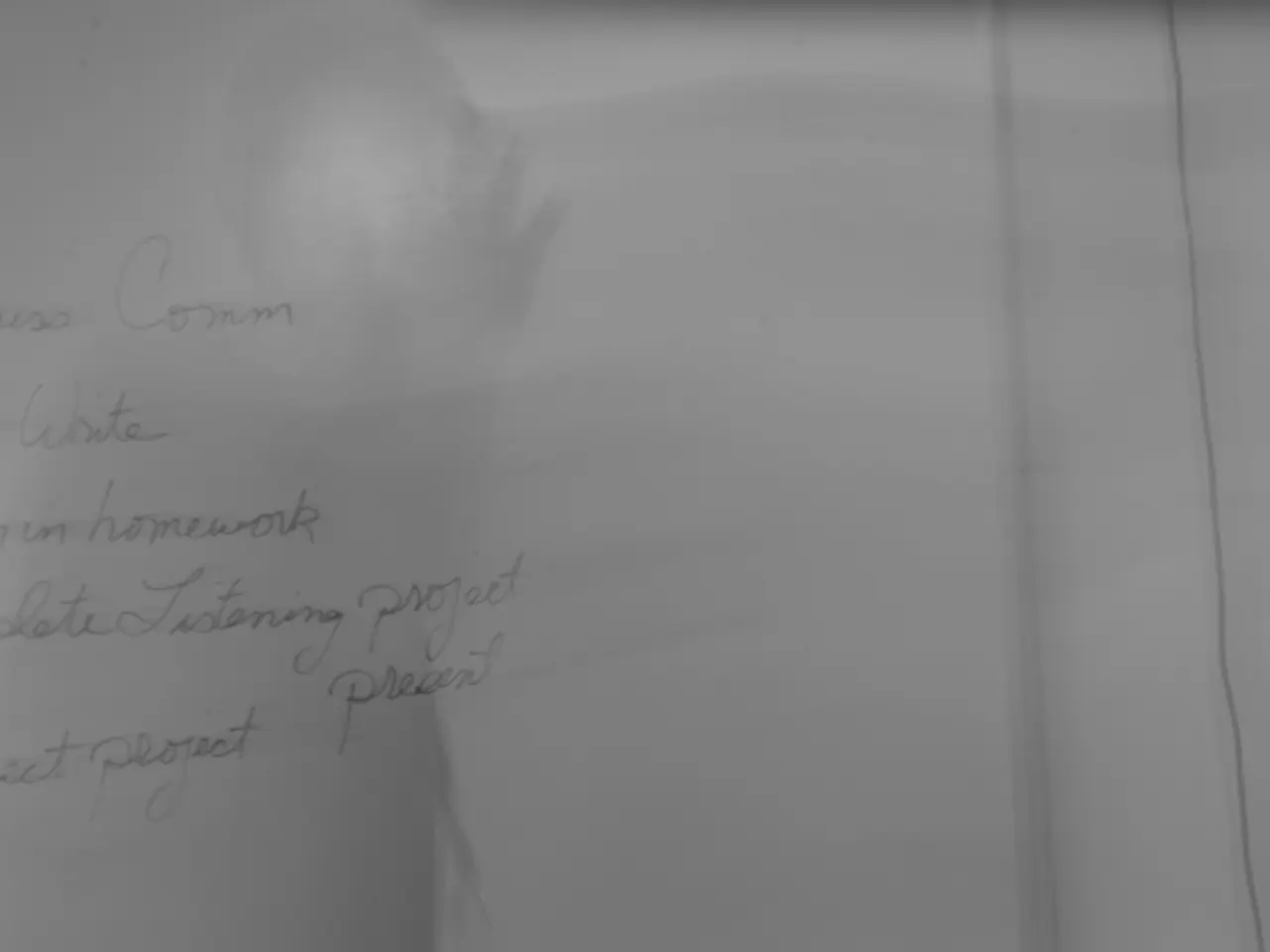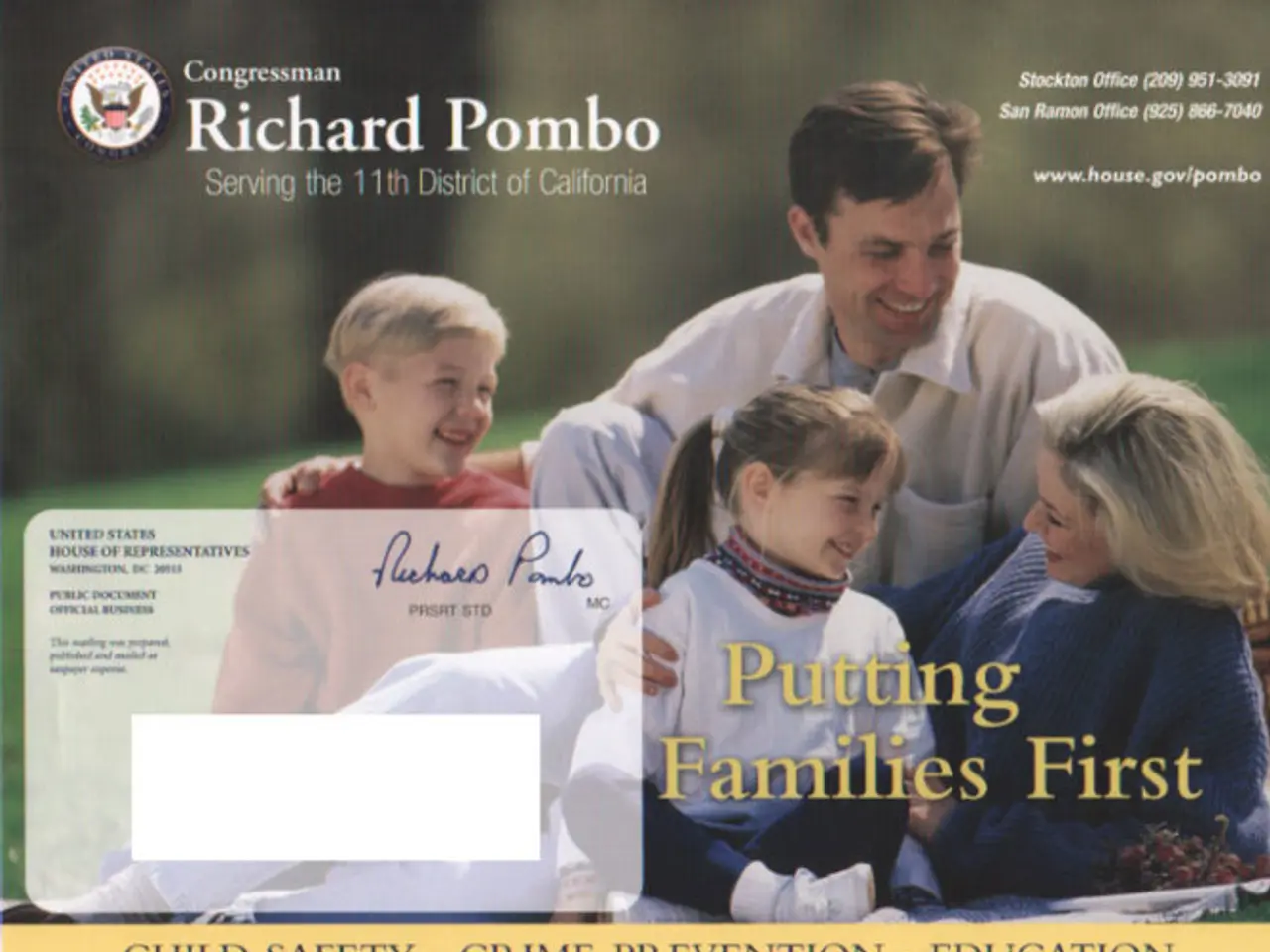Navigating pension safeguards amidst the chancellor's revisions on inheritance tax
Get ready for a shakeup in your inheritance planning strategies! Starting April 2027, pensions will officially be part of an estate for inheritance tax (IHT) purposes, according to the Chancellor Rachel Reeves' Autumn Budget last year.
Including pension portfolios in the value of your estate could lead to a sharp increase in inheritance tax bills, and while the changes are still under consultation, experts believe they will drastically change the way we approach estate planning.
There are already signs that people have been dipping into their pension pots more frequently even before the IHT changes were announced. Analysis of Financial Conduct Authority (FCA) data by AJ Bell shows a nearly 20% increase in pension pots accessed in 2023/24 compared to the previous tax year, which they attribute to the cost of living crisis.
Many retirees have also been drawing income of 8% or more from their pension pot, higher than the traditionally recommended 4% rule. With the focus shifting towards protecting the pension pot from the taxman, these trends might continue.
Rachel Vahey, head of public policy at AJ Bell, expresses concerns over how these proposals will impact retirees' financial stability. "By encouraging a faster withdrawal of pension funds, there's a real danger that more people will leave themselves with insufficient income to last their lifetime, risking falling onto the state for support in their later years," she said.
Here are some strategies to help you avoid the inheritance tax trap when it comes to your pension:
1. Tax efficiency matters
Even if you decide to take money out of your pension to avoid IHT, make sure it's outside of your estate and you're not paying unnecessary charges. You can withdraw 25% of your pension tax-free, and the remaining amount is charged at your income tax rate.
You also have the option to use gifting to reduce your IHT bill. This separates the money you spend on or give to your loved ones from your estate as long as you live for seven years after the payment is made. There's also a £3,000 annual exemption for gifting.
But be cautious, says Nicholas Hyett, investment manager at Wealth Club. Withdrawing more than the 25% tax-free lump sum could push you into a new tax bracket and end up costing you more in taxes. Additionally, running out of funds in retirement is a real risk when you deplete your pension earlier.
2. Explore other asset options
While there's no direct way to ringfence the money in a pension from IHT once the rules change in 2027, there are steps you can take now. Ross Lacey, director at Fairview Financial Management suggests looking at sheltering other assets you have from IHT; for example, using trusts or putting in place strategies to cover the potential tax bill using insurance.
Trusts can also be an effective tool for estate planning. Rachael Griffin, tax and financial planning expert at Quilter, suggests placing a pension lump sum or other assets into a discretionary trust. This keeps them outside of your estate for IHT purposes.
Given the complexity of these changes and the potential impact on your estates, it's crucial to consult with financial advisors or tax experts to tailor strategies to your individual circumstances and ensure compliance with the new rules.
3. Proceed with caution
Though the changes seem daunting, they are still two years away. Moving large portions of your pension now could mean running out of funds for your own retirement. Joshua Gerstler, chartered financial planner for The Orchard Practice advises maintaining the status quo unless you are certain you won't die in the next two years.
Reassessing your financial plans now is essential. Seek expert advice to optimize your pension and estate management strategies while staying informed about upcoming changes and strategies that cater to your specific needs.
- Come tax-efficiency season, it's essential to consider methods like withdrawing the tax-free lump sum from your pension, ensuring it remains outside your estate and avoiding any unnecessary charges, as pensions will become part of an estate for inheritance tax purposes starting April 2027.
- As experts forecast drastic changes in estate planning, exploring alternative asset options like trusts can help protect other assets from inheritance tax while you strategize for the impending pension changes in 2027.




